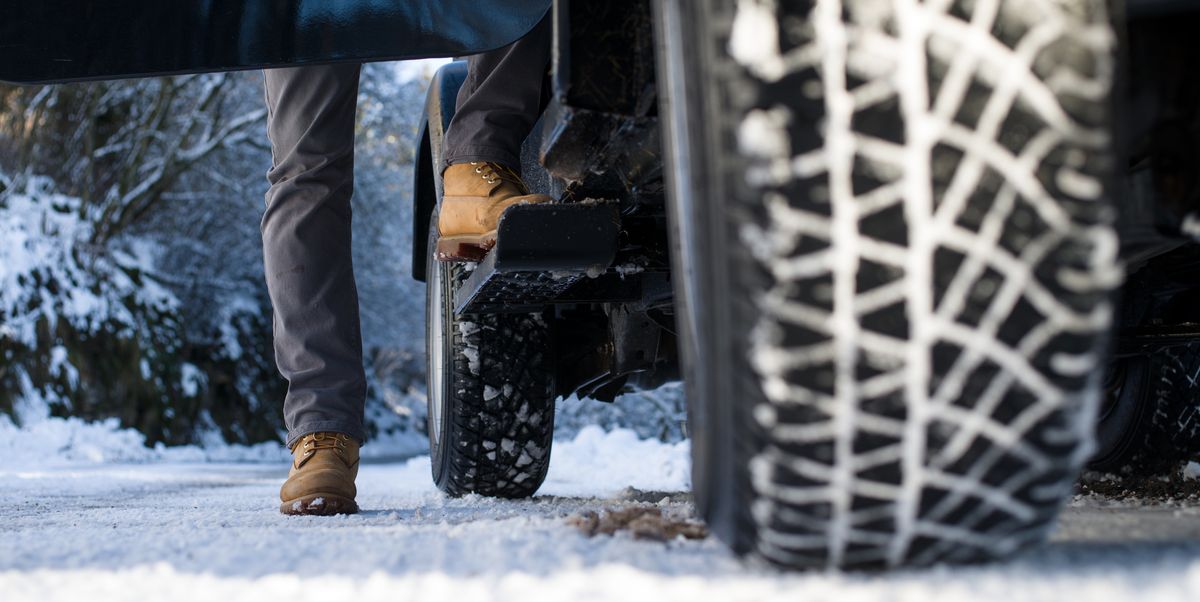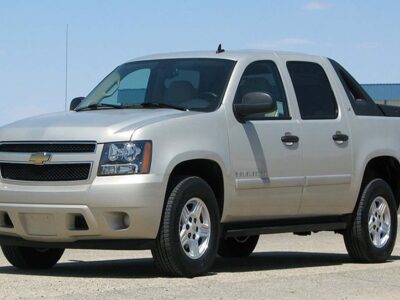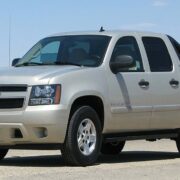
Winter comes with the nastiness associated with driving on snow and ice, not to mention that it creates anxiety every time you hear that a snowstorm is about to hit. Different driving skills are necessary to stay accident-free during the winter season, and one of the most important things you need is quality winter tires. Winter tires are specially designed to safely navigate snowy or icy roads, challenging to drive on with regular tires.
Winter driving comes with various challenges. Heavy snowfall, freezing rain, slippery roads, and drifting snow can instantly change the road surface. However, winter tires are manufactured with unique features that enable them to perform better in winter than all-season tires. Click here to learn why it is advantageous to switch to winter tires during winter.
They are made with specialty compounds.
Winter tires are manufactured with specialty compounds to safely navigate the nasty winter weather. At around 7degrees Celcius or below, the rubber in summer or all-season tires starts to harden, reducing their ability to grip the road. In contrast, winter tires are specially designed to be flexible even in freezing environments as low as -30degrees Celcius.
Provides better braking
Many drivers tend to stomp on the brake pedal in panic situations when driving on snowy roads. As a result, season inappropriate tires are likely to respond by skidding over the slippery surface, which can cause a fatal accident. But quality winter tires remain soft hence have a better chance of helping the car regain stability. According to studies, the stopping distance of winter tires is up to 30% better than all-season tires.
Offers excellent traction
Winter tires are manufactured with deeper and more prevalent sipping. The thin slits are usually cut horizontally across the tread to help the tire bite into the snow rice more efficiently when on the road to simplifying the movement. The aggressive tread pattern also prevents the possibility of snow build up in the tires.
They are more hydroplane resistant.
When tires ride over a frozen pavement, the ice below melts, forming a layer of water that a car can uncontrollably slide over. That situation is known as hydroplaning. Thankfully, winter tires are designed to reduce such a phenomenon through specialty grooves that push the water to the sides enabling the tires to navigate safely.
Maximized performance
Winter tires are made with a flexible rubber compound and an exceptional tread pattern designed for use on snow, ice, slush, and cold temperatures. Therefore, they increase traction during acceleration, more directional stability, better braking, and a shorter stopping distance. Winter tires are exceptionally meant for winter driving, providing maximized performance during the cold weather.
In conclusion
Winter tires are the perfect addition to your car during the winter season. Since they are specially designed to safely navigate the snow, ice, and slippery road surfaces, they make it easier for you to drive in nasty road conditions. They provide more flexibility, excellent traction, better steering, and braking, and significantly reduce hydroplaning. They also help you minimize the wear on your all-season tires so that they last longer.











